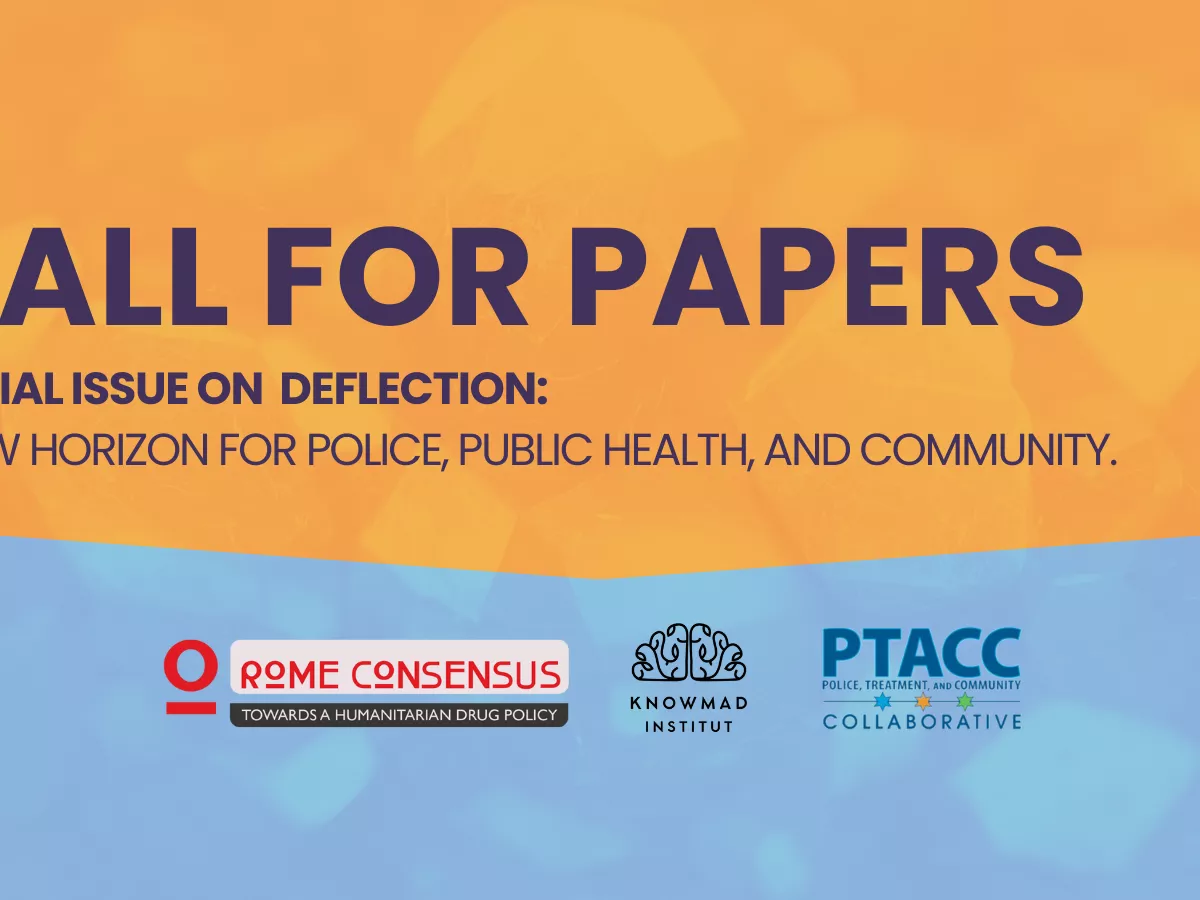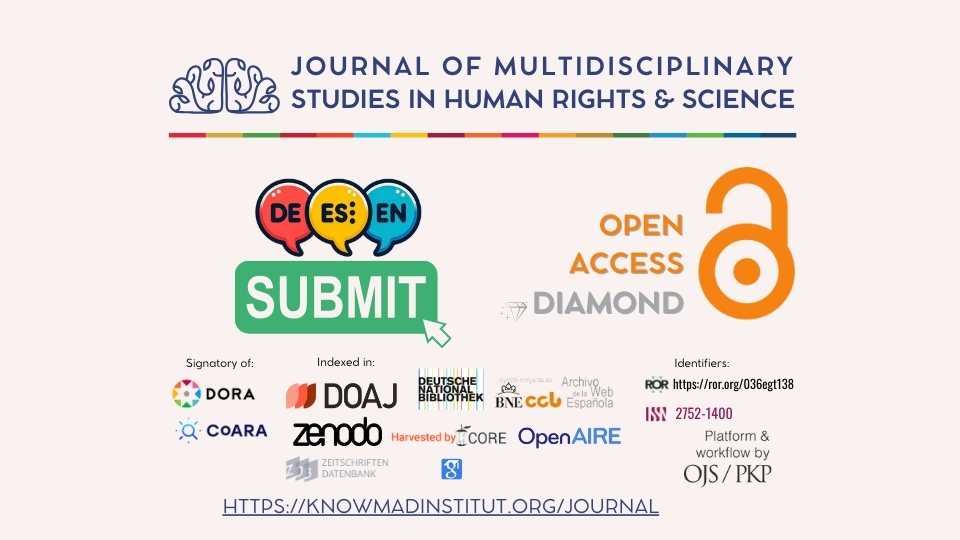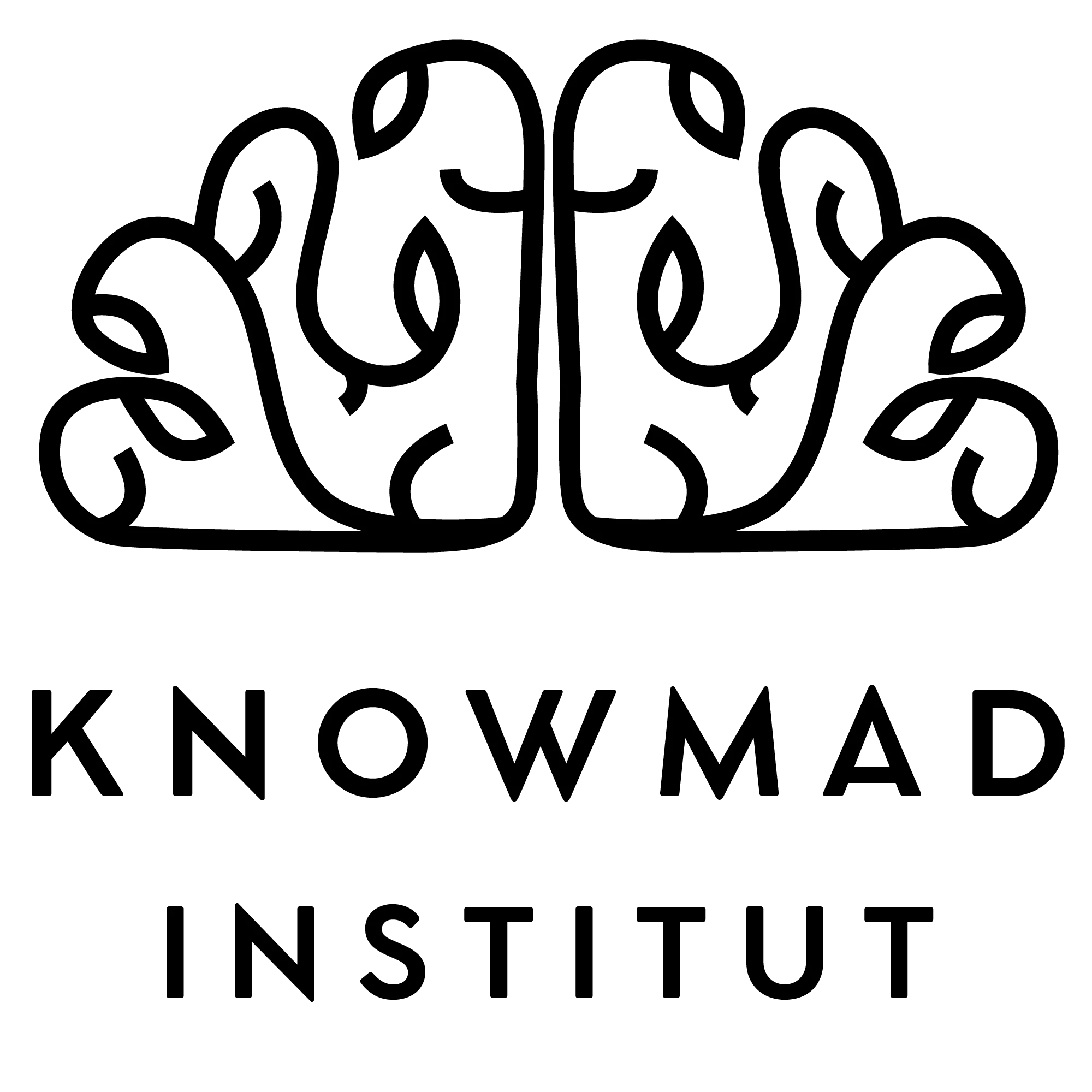The Role of Institutional Subscribers in Promoting Open Science

At the Journal of Multidisciplinary Studies in Human Rights & Science (JMSHRS), institutional subscribers are vital to our mission of advancing open science. These subscribers, which include leading universities, national libraries, and specialized research centers, act as key conduits for disseminating high-quality, peer-reviewed research across the globe. By providing thousands of scholars, researchers, and students with unrestricted access to JMSHRS’s content, these institutions play a crucial role in breaking down barriers to knowledge, fostering collaboration, and driving forward multidisciplinary innovation.
Call for Papers: Special Issue on “Deflection: A New Horizon for Police, Public Health, and Community” – A Pathway to Transformative Change

Explore the groundbreaking approach of Deflection in our call for papers for the special issue “Deflection: A New Horizon for Police, Public Health, and Community.” Join scholars and practitioners in shaping policies that promote public health and human dignity.
JMSHRS Now in DOAJ: Unlocking Global Knowledge in Human Rights & Science!

We are thrilled to announce a significant milestone for the Journal of Multidisciplinary Studies in Human Rights & Science (JMSHRS): our recent inclusion in the Directory of Open Access Journals (DOAJ). This achievement highlights our unwavering commitment to academic excellence and accessibility, paving the way for global recognition of our interdisciplinary work in human rights and science. Discover how this inclusion enhances our visibility, reaffirms our dedication to the highest standards of publication ethics, and opens up new opportunities for authors and readers alike to engage with cutting-edge research.
Surfing the Wave of AI in Education: An Ethical Commitment

At the dawn of the digital era, artificial intelligence (AI) emerges as a transformative force in academia, promising unprecedented levels of personalization and efficiency in education. Yet, this transformation demands a careful balance between technological innovation and ethical principles. The Knowmad Institut emphasizes the critical need for an ethical framework that aligns AI application with intellectual responsibility and originality. This piece reflects our commitment to ethical creativity in AI tools’ deployment, adhering to COPE guidelines and the JMSHRS editorial practices. Join us as we explore the promise and ethical challenges of AI in education, advocating for transparent, responsible use that enhances rather than replaces the educational experience. How do you envision the future of AI in education and its role in academic content creation?







